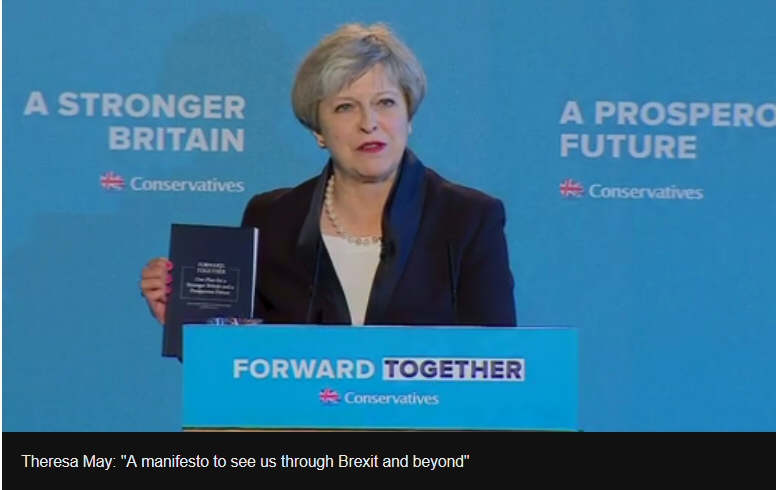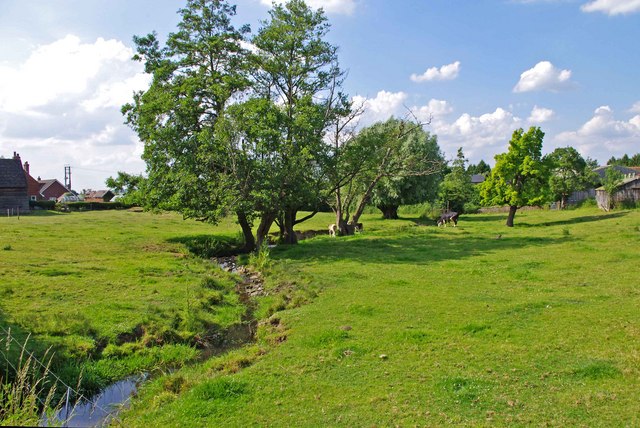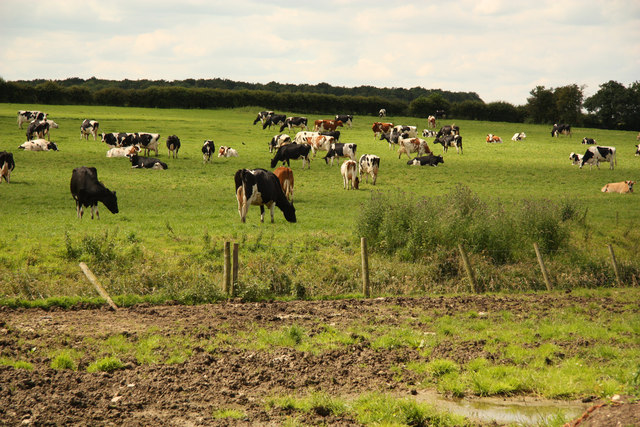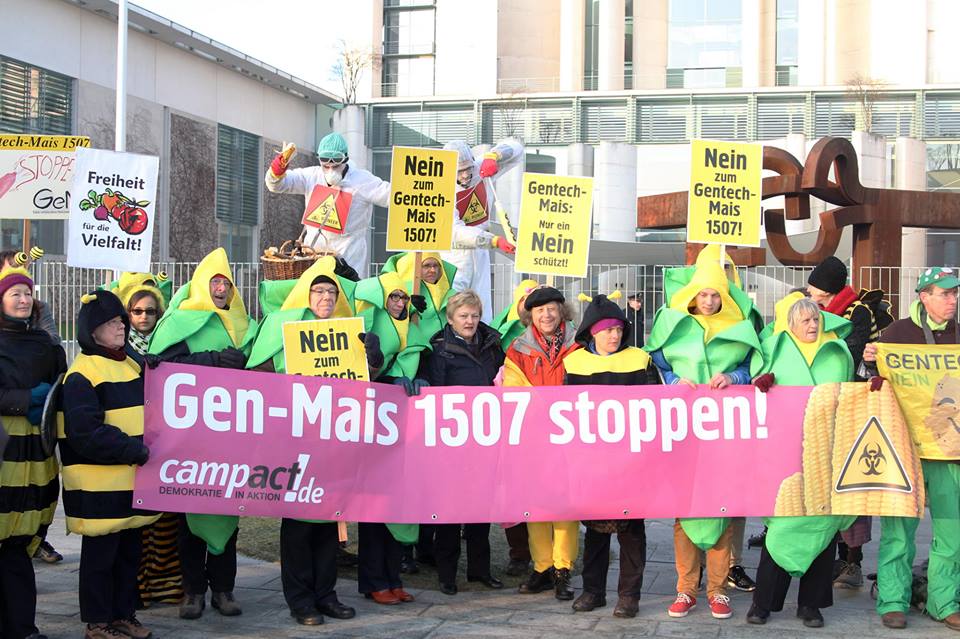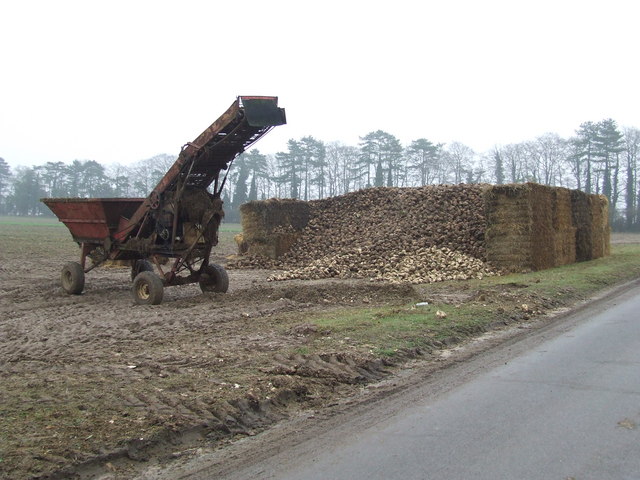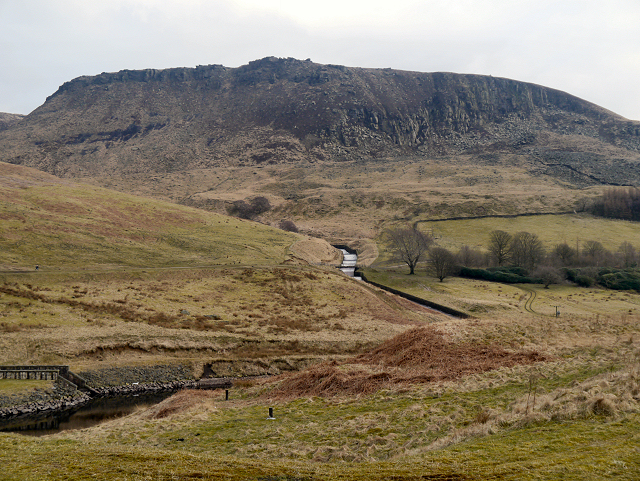The withdrawal of the UK from the EU (Brexit) will have a negative economic effect both for the UK but also for the EU. The size of these negative effects will depend, in part, on the nature of the future trade relationship that may be negotiated if the Article 50 negotiations on withdrawal are successfully concluded and, in part, on the nature of the transition arrangements, if any, that may be agreed to bridge the period between Brexit Day and the entry into force of a future trade agreement.
The UK government’s objective for the long-term relationship remains that set out in the Lancaster House speech last January, namely, withdrawal from the Single Market and from any type of customs union with the EU, but agreement on an ambitious free trade agreement.… Read the rest
Avoiding the ‘cliff edge’: Immediate trade arrangements post-Brexit need to be given higher priority in Article 50 negotiations
The European Union, under the Commission’s lead negotiator Michel Barnier, has proposed to begin Brexit negotiations with the United Kingdom on June 19th next following the latter’s general election. Based on the European Council’s guidelines on the EU’s objectives for these negotiations, detailed negotiating directives have been agreed by the General Affairs Council. The Commission’s Task Force on the Article 50 of the Treaty of the European Union (TEU) negotiations has also begun to prepare draft position papers, beginning with two on essential principles of citizens’ rights and essential principles on financial services.
This level of preparedness on the EU side for the forthcoming negotiations contrasts sharply with the impressions we have of the UK side.… Read the rest
What the UK Conservative Party manifesto says about Brexit
Given that Mrs Theresa May seems certain to be returned as UK Prime Minister with a greatly increased majority after the UK General Election on 8 June next, it is worth paying particular attention to what the Conservative Party manifesto which was launched yesterday has to say on Brexit issues in general and trade, immigration and agricultural issues in particular.
The manifesto actually has little new to say on these topics, with the exception of a new promise to extend agricultural support at current levels to the end of the next parliament, i.e. 2022 compared to the current commitment to maintain support at current levels to 2020.… Read the rest
Is a level playing field an argument for continued support to UK agriculture after Brexit?
We are pleased to publish this guest post by David Blandford (Penn State University) and Berkeley Hill (Imperial College London).
The President of the National Farmers Union (NFU) of England and Wales told the Food Manufacture Group’s Business Leaders’ Forum (Feb 14, 2017) that the NFU is currently actively lobbying the UK government to ensure that British farmers are not disadvantaged with respect to their main competitors in Europe following Brexit. The fear seems to be that cuts in the £3 billion of direct aid, which seem highly likely when Britain leaves the EU and its CAP, will result in a non-level playing field in which UK farmers are put at a competitive disadvantage.… Read the rest
Britain’s policy for agriculture post-Brexit
We are pleased to carry this guest post by Professor Berkeley Hill, Emeritus Professor of Policy Analysis at the University of London.
The surprise win by the Conservative Party in the 2015 General Election left it with the unwelcome obligation to carry out a referendum on UK membership of the EU. Political insiders believe this was one of the Conservative Party election manifesto proposals included to placate the right wing of the party, which David Cameron was intending to sacrifice in order to bring the Liberal Democrats into a renewed coalition government under his Premiership.
However, the Conservative Party won sufficient seats to enter government on its own.… Read the rest
GMO decision-making and the potential impact of Brexit
The EU’s paralysis with respect to decision-making on genetically-modified crops was illustrated once again at last Friday’s (27 January 2017) meeting of the Standing Committee on Plants, Animals, Food and Feed when the committee failed to reach a qualified majority either for or against the renewal of the cultivation licence for the GM maize MON810 (currently the only GM crop licensed for cultivation in the EU) as well as on authorisations for cultivation of two other GM varieties ‘maize 1507’ and ‘Bt11’.
This is despite the fact that 19 Member States have excluded all or part of their territory from the cultivation of these three GMOs, pursuant to the provisions of Directive (EU) 2015/412 (the ‘cultivation opt-out’ directive).… Read the rest
Establishing the UK’s non-exempt limit on agricultural support after Brexit
One of the issues the UK must address in establishing its WTO schedule of commitments post-Brexit is the limit it will have on certain types of domestic support it can provide to its farmers. This limit will, in turn, have implications for the way in which the UK and its devolved administrations can design their post-Brexit agricultural policies, assuming that they might wish to continue to provide some support to their farmers.
Domestic support in the WTO is measured as an Aggregate Measurement of Support, or AMS. Countries which provided non-exempt domestic support in the base period (1986-88) for commitments under the Uruguay Round Agreement on Agriculture (AoA) entered a Total AMS commitment in Part IV of their WTO schedules of commitments (their Bound Total AMS or BTAMS).… Read the rest
Brexit and Irish agri-food trade
I am preparing to give evidence to the Irish Oireachtas Joint Committee on Agriculture, Food and the Marine on Tuesday 17 January on how Brexit might impact on the Irish agri-food sector. Ireland is the EU Member State with the most to lose from Brexit, and the Irish agri-food sector is the most vulnerable economic sector because of its high dependence on the UK as an export market. More than 80 per cent of Ireland’s key beef and dairy production is exported. Although there has been some diversification away from the UK over the past decade, it still takes 43% of all Irish agri-food exports.… Read the rest
Triggering the next revisions of the CAP
I have long puzzled over the timeline, processes and trigger points that could lead to the next revision of the basic CAP regulations. As long ago as September 2014 I wrote a lengthy post on the prospects for the next CAP reform before even the ink was dry on the 2013 reform. This highlighted the mid-term review of the 2014-2020 Multi-annual Financial Framework (MFF) as a possible trigger point. It also discussed the complications of the parliamentary timetable for concluding a new MFF for the post-2020 period and the implications this might have for a further round of CAP reform.
I returned to this issue in a post in November 2015 in which I asked whether there would be a proposal for a CAP reform in 2017 to coincide with the publication of the Commission proposal for the next MFF?… Read the rest
We need a British Ecosystem Services Policy not a British Agricultural Policy
We are delighted to bring you this guest post by Professor Ian Hodge of the Department of Land Economy, University of Cambridge on the topic of UK policy towards agricultural land after Brexit. The views expressed are his own and should not be attributed to any organisation with which he is associated.
Brexit requires the United Kingdom to develop its own policy towards agriculture and rural land to replace the Common Agricultural Policy. This must recognise the multiple benefits and costs associated with rural land use and promote the integrated management of rural land in the long term public interest through a British Ecosystem Services Policy (BESP).… Read the rest

